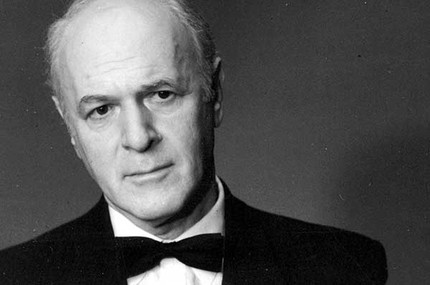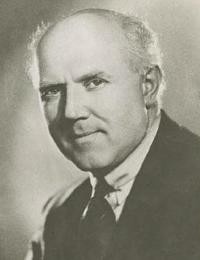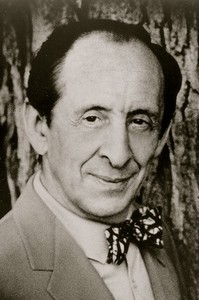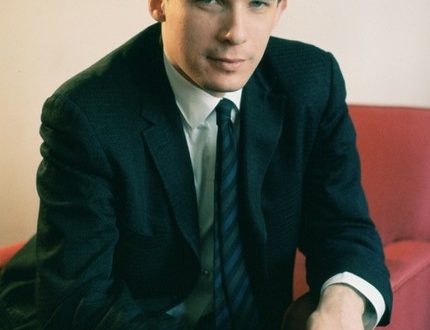
Alexey Grigorievich Skavronsky |
Alexey Skavronsky

As you can see, the repertoire of many of our pianists is, unfortunately, not very diverse. Of course, it is quite natural that concert artists play the most popular sonatas by Mozart, Beethoven, Scriabin, Prokofiev, famous pieces by Chopin, Liszt and Schumann, concertos by Tchaikovsky and Rachmaninoff…
All these “caryatids” are included in the programs of Alexei Skavronsky. Their performance brought him in his younger years a victory at the international competition “Prague Spring” (1957). He studied many of the works mentioned above at the Moscow Conservatory, from which he graduated in 1955 in the class of G. R. Ginzburg and in graduate school with the same teacher (until 1958). In the interpretation of classical music, such features of Skavronsky’s pianistic style as the seriousness of the interpreter’s thought, warmth, sincerity of artistic expression are manifested. “The pianist,” writes G. Tsypin, “has a penetrating manner of intonation, an expressive pattern of a phrase… in what Skavronsky does at the instrument, whether he is lucky or not, one always feels the fullness and truthfulness of the experience… In his approach to Chopin, in his techniques of expressiveness, one can distinguish the tradition coming from Paderevsky, Pachman and some other well-known romantic concert performers in the past.
Lately, however, the pianist has been increasingly looking for new repertoire opportunities. He has shown interest in Russian and Soviet music in the past as well. And now it often brings to the attention of listeners new or rarely performed compositions. Here we can name the First Concerto by A. Glazunov, the Third Sonata and Rondo by D. Kabalevsky, the cycle “Tunes” by I. Yakushenko, the plays by M. Kazhlaev (“Dagestan Album”, “Romantic Sonatina”, preludes). Let’s add to this the Toccata for piano and orchestra by the Italian composer O. Respighi, completely unknown to our audience. He plays some of these works not only on the concert stage, but also on television, thus addressing the widest circles of music lovers. In this regard, in the journal “Soviet Music” S. Ilyenko emphasizes: “The activities of A. Skavronsky, a smart, thinking musician, enthusiast and propagandist of Soviet and Russian music, who perfectly masters not only his profession, but also the difficult art of heartfelt conversation with listeners, deserves all the support.”
Back in the 1960s, one of the first, Skavronsky introduced into constant practice such an educational form of communication with the audience as “conversations at the piano”. In this regard, the musicologist G. Vershinina on the pages of the Soviet Music magazine emphasized: this allowed the pianist not only to play in front of an audience, but also to conduct conversations with her, even from the most unprepared, that were called “conversations at the piano”. The humanistic orientation of this experiment turned the musical and sociological experience of Skavronsky and his followers into an act of a fairly wide scale. An excellent commentator, he delivered meaningful musical evenings dedicated to Beethoven’s sonatas, Chopin’s ballads, the works of Liszt, Scriabin, as well as the extended cycle “How to listen and understand music”, which presented an impressive artistic panorama from Mozart to the present day. Skavronsky has a lot of luck connected with Scriabin’s music. Here, according to critics, his coloristic skill, the sound charm of the game, is revealed in relief.
Professor of the Russian Academy of Music. Gnesins. Honored Artist of the RSFSR (1982), People’s Artist of Russia (2002).
Grigoriev L., Platek Ya., 1990





